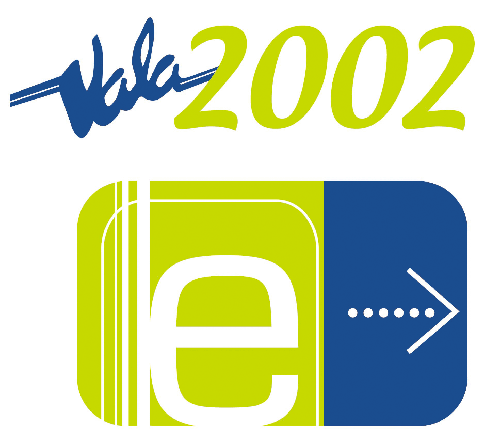
Creating an Inclusive Information Future through Singapore’s Libraries
VALA 2002 PLENARY 5: Christopher Chia
Friday 8 February 2002, 09:00 – 10:15
Persistent URL: http://www.vala.org.au/vala2002-proceedings/vala2002-plenary-5-chia
Dr Christopher Chia
National Library Board Singapore
Please tag your comments, tweets, and blob posts about this session: #VALA2002
Abstract
The National Library Board’s approach to creating an inclusive information future in Singapore was twofold – building an info-literate nation through providing facilities for IT Literacy training programmes, and a nurturing environment in its libraries for further skills development; easing library users into using electronic services through providing online options for basic library services before launching value-added personalized information services. The Board is also building an e-inclusive region by connecting ASEAN and Asia to each other and to the rest of the world. Initiatives include the CONSALWeb which connects a regional grouping of librarians from ASEAN countries.

This work is licensed under a Creative Commons Attribution-NonCommercial License.

 VALA2002, the 11th VALA Biennial Conference and Exhibition was held at the Melbourne Convention and Exhibition Centre, Melbourne, Australia from 6 – 8 February 2002. The theme of the conference was e-volving information futures.
VALA2002, the 11th VALA Biennial Conference and Exhibition was held at the Melbourne Convention and Exhibition Centre, Melbourne, Australia from 6 – 8 February 2002. The theme of the conference was e-volving information futures.